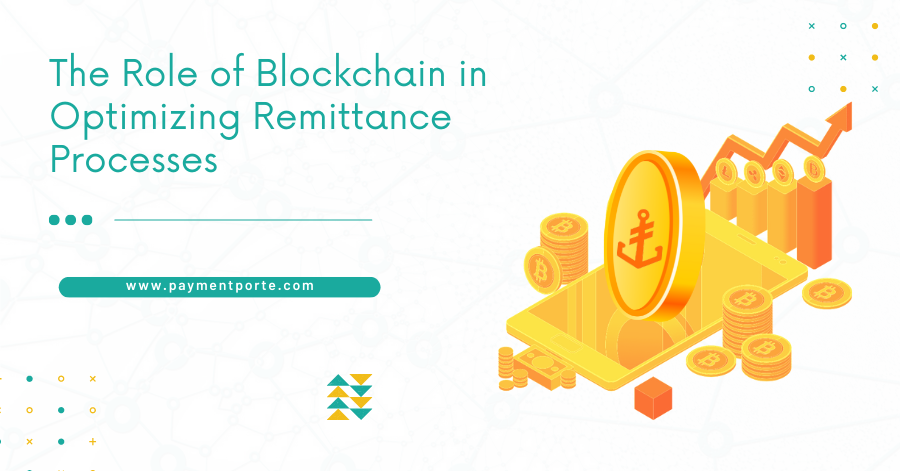
Blockchain technology has grown exponentially over the last decade or so. It has emerged as a scalable solution across multiple industries and sectors. However, fintech and financial services are arguably the most potent applications of blockchain technology. In other words, it has showcased a massive potential in the field of money transfer and transactions. Most importantly, it has addressed the existing pain points and loopholes of traditional banking to offer fintech solutions that are scalable, transparent, and customizable.
Blockchain enables the recording of transactions through a distributed ledger in a secure, transparent, and immutable manner. Based on these foundations, it has emerged as a cutting-edge technology that can revolutionalize capital markets, asset management, trade finance, lending, etc. The remittance industry is yet another field that is demanding the advantages of blockchain technology to optimize itself. Remittance is the process of cross-border financial transactions. Today, this space is majorly dominated by traditional financial institutions like banks. While some fintech startups like WorldRemit, Remitly, and TransferWise have entered this space, it continues to be largely regulated and governed by centralized organizations. In this blog post, we will take a look at how blockchain technology can optimize remittance processes globally.
Role of Blockchain in Optimizing the Remittance Industry
Some of the major pain points involving the dependence of the remittance industry on traditional banking are – long settlement times of 3-5 days, lack of security, and high costs of cross-border transactions. Blockchain technology addresses all these issues to provide scalable solutions.
- Blockchain enables large-scale and digital processing of transactions over a secure and decentralized network. It eliminates the need for third-party clearance. Also, it eliminates the need for authorization by multiple banks and financial institutions. Blockchain networks operate independently without any interference from parties that are not directly involved in a particular cross-border transaction. As a result, the end-to-end fulfillment of the remittance process becomes much faster. This solves the issue of long settlement times (3-5 days) and enables near-instant remittance settlements.
- The traditional methods of processing cross-border transactions involve service charges, clearing fees, penalties, and other costs. Blockchain technology eliminates these costs as it automates the entire remittance process by minimizing manual involvement. As a result, remittance processes executed through blockchain networks are much more cost-effective as compared to traditional money transfers.
- Each and every blockchain-enabled cross-border transaction is duly recorded, verified, and locked through a robust and secure consensus algorithm. All participants of the concerned blockchain network can access and verify the authenticity of transactions, depending on their governance rights. Most importantly, the parties involved in a certain transaction have entire control over their transactional data. Remittance processes executed through blockchain networks are much more airtight when it comes to security and transparency. Hence, it is fair to say that blockchain adds an extra layer of safety to cross-border financial transactions, thus addressing the potential security concerns and record-keeping flaws of traditional banking.
Ending Note
The potential of blockchain technology to optimize remittance processes globally cannot be questioned. With its foundational pillars of safety, security, transparency, and immutability, blockchain clearly offers far more viable and scalable solutions as compared to legacy banking. However, the acceptance of this technology in the mainstream will depend on the openness and actions of governments and other financial regulators. Having said that, blockchain is gradually making its way into the fintech space and promises to dominate it sooner or later.